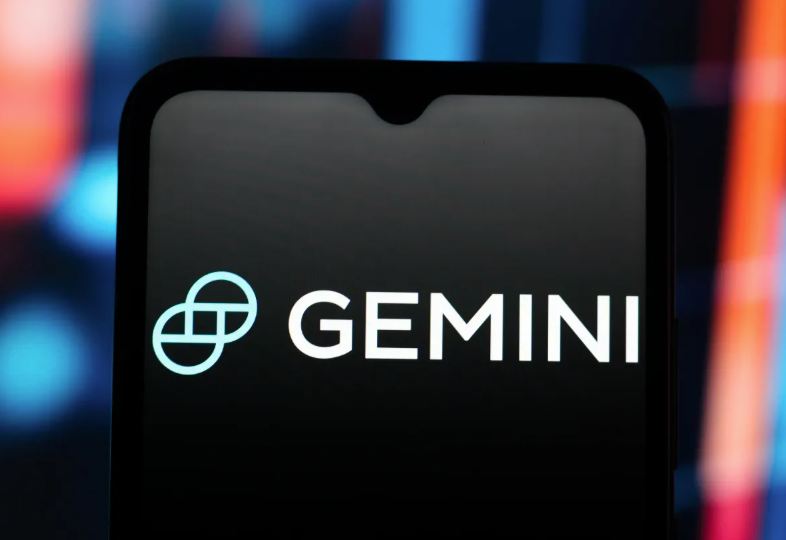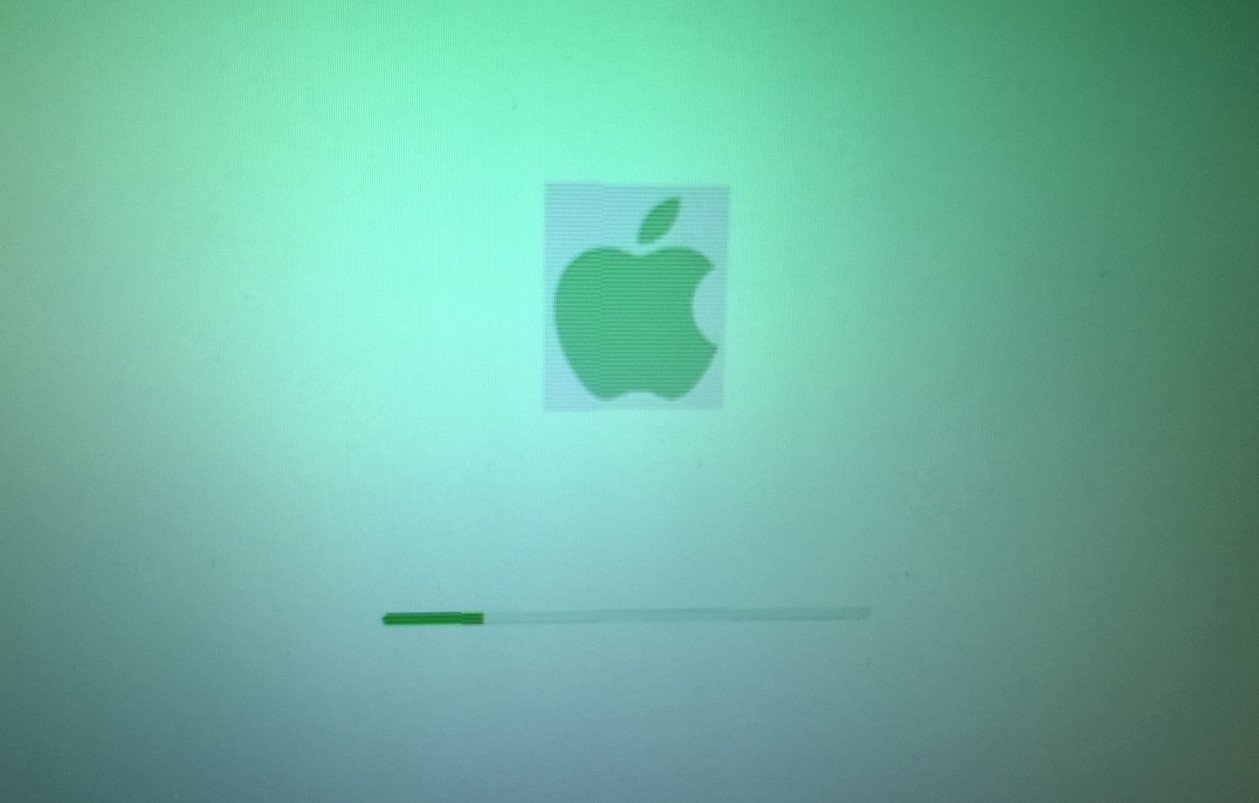News
Gemini Space Station Stock Crashes on Crypto Woes
Gemini Space Station stock tumbled nearly 22 percent this week after the crypto exchange released earnings that showed big losses despite revenue growth. Investors worry about a shaky market tied to fading hopes for Federal Reserve rate cuts. What does this mean for the company’s future in a tough crypto world?
Crypto Market Dives as Fed Rate Cut Hopes Fade
The crypto world took a hard hit in early November 2025. Bitcoin dropped below $97,000, marking its worst week since March. The total market lost over $1 trillion in value, a 24 percent slide since early October.
Traders point to uncertainty around the Federal Reserve. Officials split on more rate cuts. Swaps now show just a 50 percent chance of a December cut, down from 72 percent last week. Higher rates make risky assets like crypto less appealing. People sell off when they fear money will stay tight.
This bearish mood hurts companies like Gemini Space Station. The firm operates a crypto exchange, and its stock feels the full force of these market swings. Investors pull back from high-risk plays. Daily trading volumes fell across major coins. Ethereum and others followed Bitcoin’s lead down.
One expert from J.P. Morgan noted in a recent report that macro forces still support some demand. But short-term pain dominates. Liquidations hit $19 billion in mid-October. That shook confidence further.
Gemini Releases First Earnings Since IPO
Gemini Space Station shared its third-quarter results on November 11, 2025. This marked the first report since its September IPO. Revenue hit $50.6 million, more than double the $24.5 million from the same period last year. Trading volume rose 45 percent quarter over quarter.
Yet losses grew fast. The company posted a net loss of $159.5 million, or $6.67 per share. That compared to $90 million last year. Operating expenses jumped to $171.4 million from $98.7 million. Much of the rise came from IPO costs and marketing pushes.
Credit services saw over 100 percent growth. The firm aims to make crypto easy and safe for all. Founders Tyler and Cameron Winklevoss started it years ago with that goal. But high costs eat into gains.
In a letter to shareholders, leaders highlighted user growth. Active users climbed 30 percent. Still, the bottom line shows challenges. Analysts expected a smaller loss. This miss led to the stock drop.
Here’s a quick look at key financials:
| Metric | Q3 2025 | Q3 2024 | Change |
|---|---|---|---|
| Revenue | $50.6M | $24.5M | +106% |
| Net Loss | $159.5M | $90M | +77% |
| Operating Expenses | $171.4M | N/A | +73% QoQ |
| Trading Volume | Up 45% QoQ | N/A | N/A |
These numbers tell a story of growth mixed with spending pains.
Stock Plunges from IPO Peak to Reality Check
Gemini went public on September 12, 2025. It raised $425 million, pricing shares above the expected range of $24 to $26. The stock popped 14 percent on debut day. It hit a high of $45.89 right away.
Fast forward to now. Shares closed at $12.65 on November 15, down 1.61 percent that day. The weekly loss sits at 22 percent. From the IPO peak, it’s down about 70 percent. Market cap hovers around $1 billion.
Why the fall? The broader crypto slump plays a big role. But Gemini’s own results added fuel. Shares dropped 18.2 percent right after the earnings call. Volume spiked to 1.9 million shares, above the average 3.9 million.
Analysts react with caution. Needham cut its price target to $35 from $42, keeping a buy rating. Others see more downside if crypto stays weak. The 52-week range now spans $11.91 to $45.89. Day’s low hit $11.91 recently.
Investors watch closely. One post on social media asked if the stock falls another 9 percent premarket. Sentiment turns sour. Yet some see value in the revenue jump.
Company Stands Out or Blends In?
Gemini sets itself apart with a focus on security. It launched in 2014 amid early crypto booms. The name nods to the zodiac sign, but the business stays grounded in exchanges.
Compared to rivals like Coinbase, Gemini lacks some edges. Coinbase holds more users and established trust. Gemini’s gross margin sits at 83.46 percent, solid but not unique. No dividend yet.
Recent moves show ambition. The firm applied for approval to enter prediction markets. It plans a derivatives exchange for trading contracts on events. This could open new revenue streams.
But risks loom. Regulatory hurdles slow progress. Crypto faces ongoing scrutiny. Users want simple tools, yet volatility scares many.
Key challenges include:
- High operating costs from expansion.
- Dependence on crypto prices for fees.
- Competition from bigger players.
- Regulatory changes that could raise barriers.
These factors shape Gemini’s path. The company must cut costs to turn profitable.
Leaders stress long-term vision. They build for a world where crypto fits daily life. But short-term losses test patience.
As the market stabilizes, Gemini could rebound. Or it might struggle more if rates stay high. Everyday investors feel this pinch. Their portfolios tied to crypto take hits. Think about checking your own holdings if you own similar stocks.
The rollercoaster ride for Gemini Space Station highlights crypto’s wild side. Revenue grows, but losses mount in a bearish storm fueled by Fed doubts. This young public company faces tough choices to stand tall. What do you think about betting on crypto exchanges now? Share your views and spread this story to friends on social media. Your thoughts could spark great discussions.















